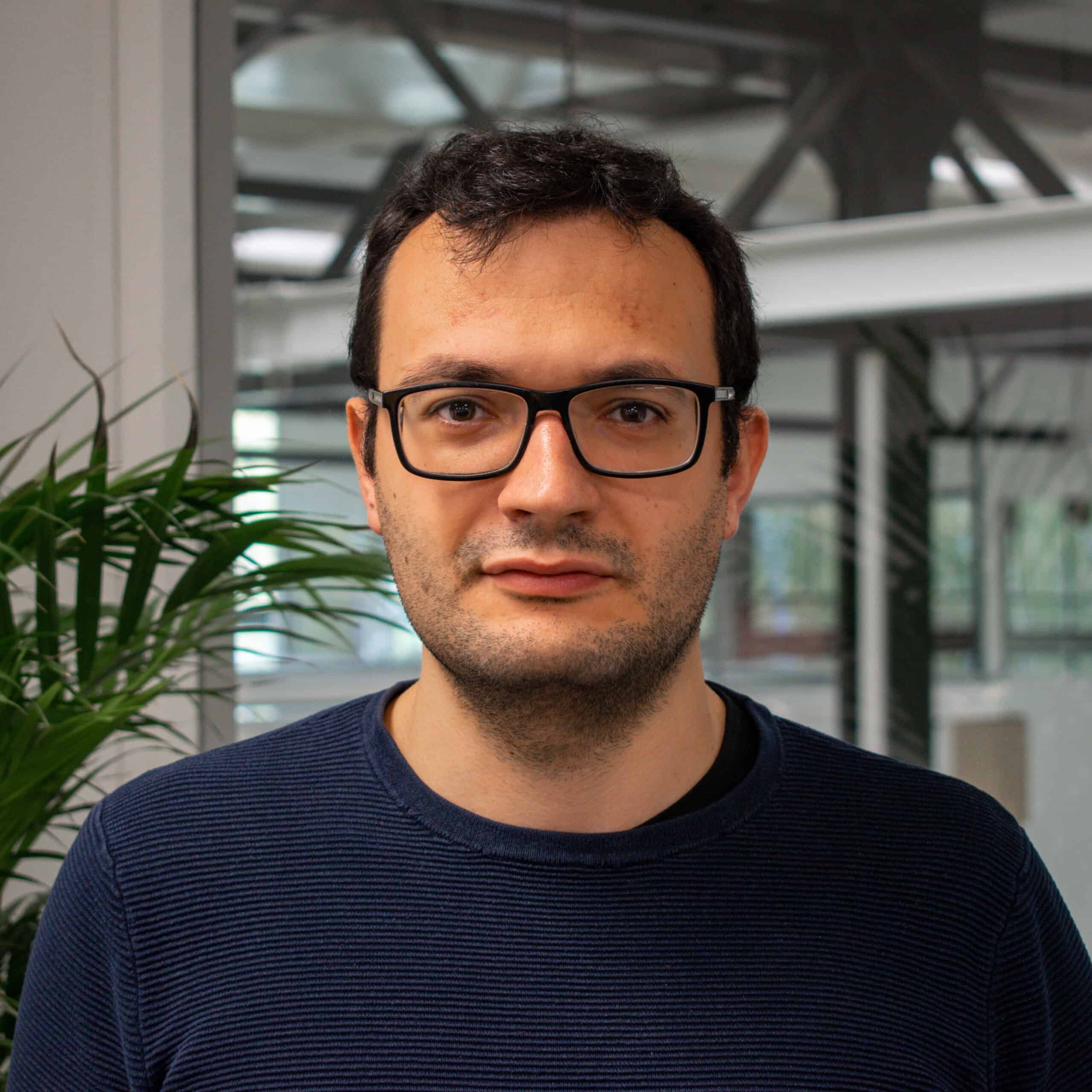
Giovanni Landriscina (32) is an acoustic and sonar scientist at TNO, the Dutch Institute for Applied Scientific Research. As an acoustic expert, he works daily to develop new solutions to manage sound, reducing the impact deriving from railways and marine applications.
Landriscina first came to the Netherlands from Italy eight years ago to pursue a master’s at the University of Twente. After completing his study track, including an internship in Canada and a thesis with TNO, he thought his Dutch days were over. Yet, after a few months, he accepted a job offer at a startup in Amsterdam, where he worked for some years before rejoining TNO as a full-time scientist.
Dutch Diaries
Getting a job opportunity, moving to a new country, and settling in are three moments every expat has experienced. But how does the Netherlands look in the eyes of the foreigners who move here for work? In our new series, Dutch Diaries, we bring the stories of expats who moved to the Netherlands to work in the tech and innovation sectors. Why did they decide to come here? What do they like the most about the Netherlands? What would they change?
How did you end up in the Netherlands?
“After finishing my bachelor’s, I wanted to get my Master’s abroad, inspired by other people around me. I focused on opportunities in Northern Europe. Sweden was my preferred destination, but applications were closed. There was still a chance to sign up at the University of Twente, whose program started in February. So, I visited the University’s Open Day and was positively impressed by Enschede and the university; everything seemed to be tailored to the students. In February 2016, I started my Master’s in Thermal and Fluid Mechanics.”
How did your university experience go?
“The first six months were probably one of the best moments of my life; in the first weeks, I met people I’m still friends with to this day. Then, the opportunity to do an internship in Canada came. It was critical for me to understand if I liked this job. After nine months in Ottawa, I returned to the Netherlands to write my thesis. The topic was acoustic, so I wrote it with TNO in collaboration with the department I currently work for. Although it was a good experience, I didn’t enjoy it as much as I liked.”

What happened next?
“I started looking for a job, purposely avoiding offers from the Netherlands. After a few disappointing job interviews, I decided to consider opportunities in big Dutch cities. I found an offer from an Amsterdam-based startup working on underwater microphones. I worked there for a few years, but after a while, I decided to move on, and about a year ago, I joined TNO.”
What is the thing you had the most trouble getting used to?
“Socializing with Dutch people has always been cumbersome, and that’s also my fault because I don’t speak the language. Honestly, living in Amsterdam sometimes feels like it’s not the Netherlands. Still, I’m trying to learn Dutch, but far from being fully fluent. It teases me that I’m the only one who doesn’t speak Dutch during work meetings.”
What is your take on the Dutch working environment?
“The main difference I noticed with Italy is the connection between universities and the job market. Universities are constantly evolving according to the developments of the labor market. Furthermore, there is always a lot of interest in emerging technologies. At TNO, the research on new tech is often assigned to the younger colleagues, who are supported by the experience and knowledge of the more experienced fellows.”
What practice would you bring from Italy that you miss in the Netherlands?
“Some flexibility. Sometimes, I feel things are too structured, and, in some contexts, that’s not necessary. Just a few weeks ago, I was at a restaurant in Italy, and I asked to replace one of the sides of the main dish. There was no problem at all, but it came back to my mind a few times, that was not the case in the Netherlands. I sometimes believe some more relaxation could be helpful.”
Do you see yourself living in the Netherlands in five years?
“It’s a bit of an existential question at the moment. Life is good. I have become economically independent, and I have accomplished many achievements in my career. Yet, it is not my home country, and even when I think about raising a family, I would like to do so where I fully feel comfortable. I have a feeling that sooner or later, I’ll go back to Italy.”

